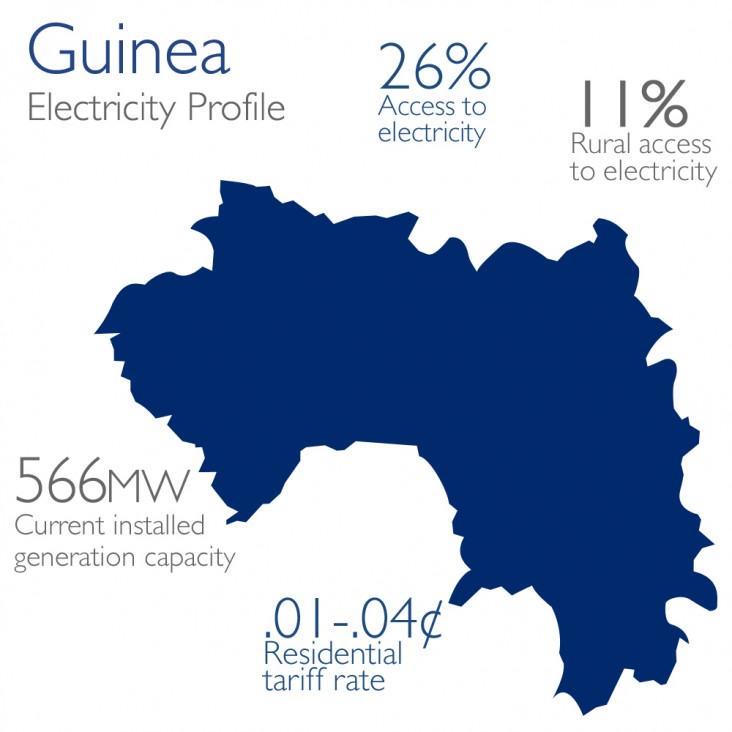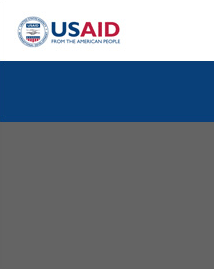- Where We Work
- Interactive Map
- Afghanistan and Pakistan
- Africa
- African Union
- Power Africa
- About Us
- How We Work
- Partners
- News & Information
- Power Africa Toolbox
- Where We Work
- Angola
- Benin
- Botswana
- Burkina Faso
- Burundi
- Cameroon
- Chad
- Côte d`Ivoire
- Democratic Republic of the Congo
- Djibouti
- Eritrea
- Ethiopia
- Gabon
- Gambia
- Ghana
- Guinea
- Guinea Bissau
- Kenya
- Lesotho
- Liberia
- Madagascar
- Malawi
- Mali
- Mauritania
- Mozambique
- Namibia
- Niger
- Nigeria
- Republic of Congo
- Rwanda
- Senegal
- Sierra Leone
- South Africa
- South Sudan
- Swaziland
- Tanzania
- Togo
- Uganda
- Zambia
- Trade and Investment Engagement
- Angola
- Benin
- Botswana
- Burkina Faso
- Burundi
- Cameroon
- Central Africa Regional
- Central African Republic
- Chad
- Côte d'Ivoire
- Democratic Republic of the Congo
- Djibouti
- East Africa Regional
- Ethiopia
- Ghana
- Guinea
- Kenya
- Lesotho
- Liberia
- Madagascar
- Malawi
- Mali
- Mauritania
- Mozambique
- Namibia
- Niger
- Nigeria
- Republic of the Congo
- Rwanda
- Sahel Regional
- Senegal
- Sierra Leone
- Somalia
- South Africa
- South Sudan
- Southern Africa Regional
- Sudan
- Swaziland
- Tanzania
- Uganda
- West Africa Regional
- Zambia
- Zimbabwe
- Asia
- Europe and Eurasia
- Latin America and the Caribbean
- Middle East
- Mission Directory
Guinea
POWER AFRICA FACT SHEET

Guinea Energy Sector Overview
As the source of 12 major rivers, Guinea is endowed with significant hydropower potential. Since commissioning the 240 megawatt (MW) Kaleta hydropower plant in May 2015, total power production has roughly doubled and can now finally meet demand. The national grid, managed by Electricité de Guinée (EDG), serves greater Conakry, with several isolated grid networks providing service elsewhere. Based on 2013 data, Guinea’s national electrification rate is approximately 26 percent (11 percent in rural areas, 53 percent in urban areas). Despite strong resource potential and long-term opportunities to export low-cost electricity throughout West Africa, Guinea’s power sector faces significant challenges including dilapidated infrastructure, high technical and commercial losses, and poor overall financial performance. Guinea is taking steps to improve the energy market, with EDG having recently entered into a management contract with Veolia to improve operational performance, funded by the World Bank.
Power Africa Support
Power Africa is supporting Guinea’s power sector in coordination with the Tony Blair Africa Governance Initiative (AGI), the World Bank, and other development partners. Power Africa’s work includes support to improve energy access through a USAID Global Development Alliance focused on Ebola Response, Recovery and Resilience in West Africa. Expanding electricity access will directly assist countries like Guinea, Liberia and Sierra Leone as they continue to recover from the Ebola epidemic’s post-disaster impacts and build more resilient energy, educational and health care systems. For more information see: http://www.usaid.gov/ebola/gda
About Power Africa
Power Africa is a multi-partner initiative which launched in 2013. Power Africa’s goals are to increase electricity access in sub-Saharan Africa by adding more than 30,000 megawatts of cleaner, more efficient electricity generation capacity and 60 million new home and business connections.
Power Africa works with African governments and private sector partners to remove barriers that impede sustainable energy development in sub-Saharan Africa and to unlock the substantial wind, solar, hydropower, natural gas, biomass, and geothermal resources on the continent.
Mobilizing Partnerships & Investments
Power Africa draws on the combined expertise and abilities of 12 U.S. Government agencies, the World Bank Group, the African Development Bank, the Government of Sweden, the Government of Norway, the Government of Canada, the Government of Japan, the UK Department for International Development, the International Renewable Energy Agency, African governments, and private sector partners. Power Africa’s “Toolbox” approach offers a range of resources to advance key projects on the electricity grid and, through the Beyond the Grid sub-initiative, in places where the national grid doesn’t reach.
Power Africa Contact for Guinea:
Rockfeler Herisse, Ph.D. Senior Partnerships Advisor,
USAID/Guinea and Sierra Leone
Email: rherisse@usaid.gov
U.S. Government Coordinator for Power Africa:
Andrew Herscowitz
Email: powerafrica@usaid.gov
Follow on Twitter: @aherscowitz
For more information on Power Africa:
facebook.com/PowerAfrica
Power Africa Guinea Factsheet ![]() (pdf - 488k)
(pdf - 488k)








Comment
Make a general inquiry or suggest an improvement.